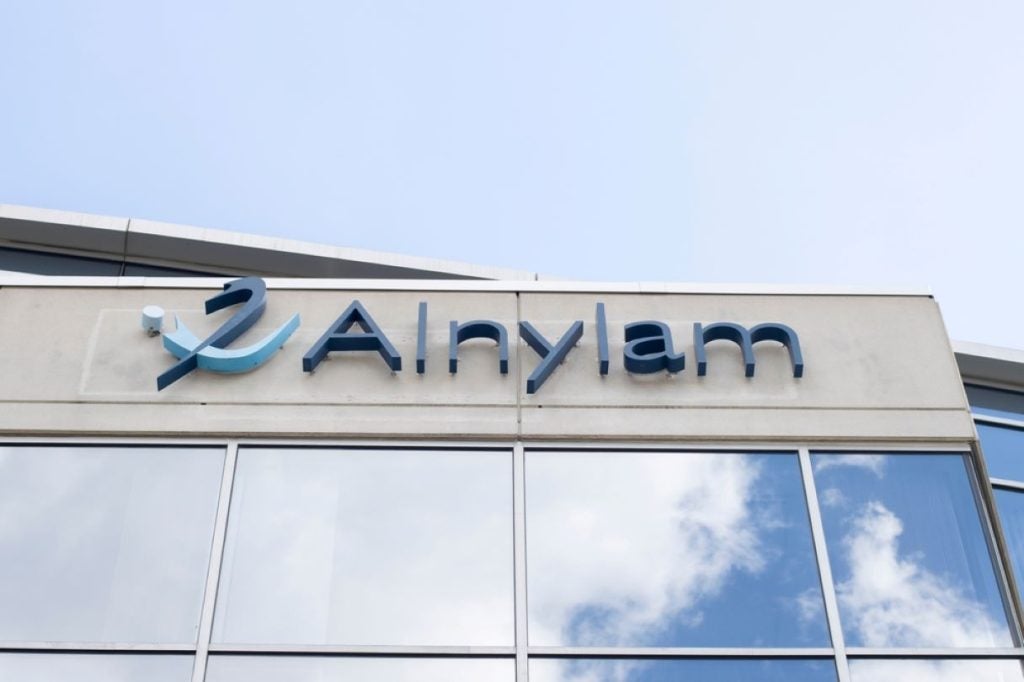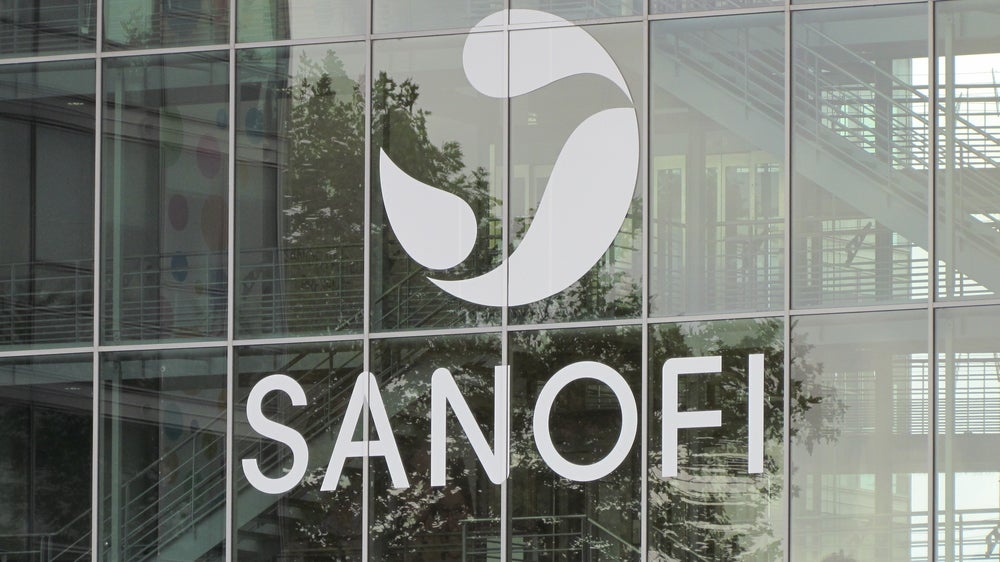The Committee for Medicinal Products for Human Use (CHMP) of the European Medicines Agency (EMA) has recommended argenx’s subcutaneous formulation of Vyvgart or efgartigimod for European marketing approval.
Vyvgart was recommended as an add-on therapy for the anti-acetylcholine receptor (AChR) antibody-positive adult patients with generalized myasthenia gravis. The company also expects approvals in Japan and China for Vyvgart SC in Q1 2024, and at the end of 2024, respectively.
Vyvgart is a neonatal Fc receptor (FcRn) inhibitor monoclonal antibody. Its intravenous form is marketed in Europe, the US and the UK for generalised myasthenia gravis. The subcutaneous formulation was developed using Halozyme Therapeutics’ Enhanze drug delivery technology.
Vyvgart is argenx’s high-grossing drug having generated $269m in Q2 2023, as per the company’s Q2 financial report. Argenx is looking to expand the Vyvgart label to include primary immune thrombocytopenia (ITP) and expects an approval in Japan for the same in H1 2024.
Myasthenia gravis is an autoimmune neuromuscular disorder that is characterised by muscle weakness and fatigue. The generalised form of the disease involves multiple muscle groups. It affects about 14 to 40 people per 100,000 individuals in the US, as per the US National Organization for Rare Diseases (NORD).
The CHMP recommendation was based on the Phase III Adapt-SC study showing non-inferiority of the Vyvgart SC compared to its intravenous Vyvgart. The immunoglobulin G (IgG) antibody reduction at 29 days compared to baseline was 66.4% with subcutaneous formulation and 62.2% with intravenous Vyvgart. After completing the 12 weeks of Adapt-SC study, patients were given the opportunity to enrol in the open-label extension trial, Adapt-SC+.
Multiple subcutaneous formulations of high-profile drugs have been approved in recent years. In August, Roche’s Tecentriq SC (atezolizumab) was approved in the UK for small-cell lung cancer, non-small-cell lung cancer patients, hepatocellular carcinoma, and melanoma. Tecentriq SC was also developed using Halozyme’s Enhanze drug delivery technology.















